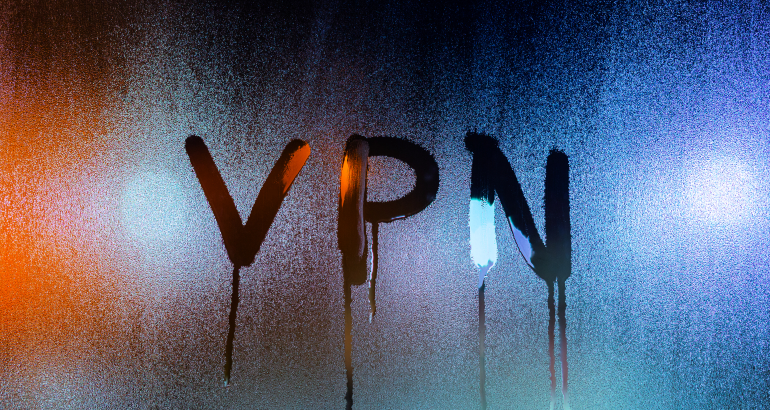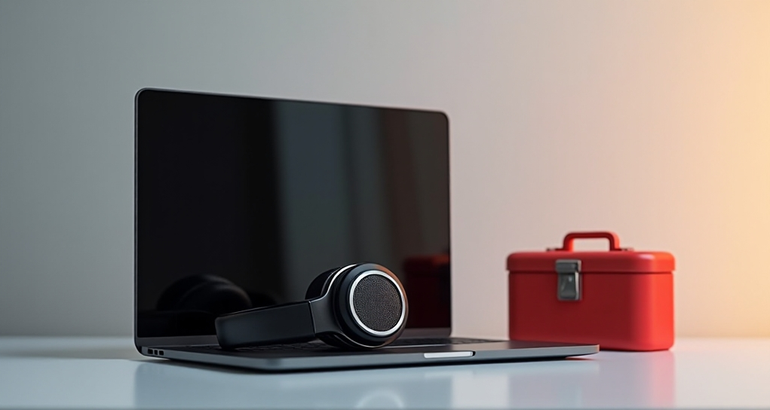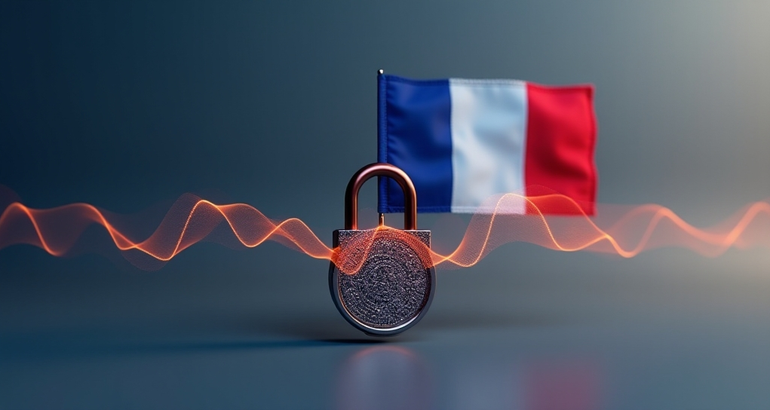Debunking Myths: Misconceptions about VPN Security

- VPN





Overview
VPN (Virtual Private Network) is a popular tool for online privacy, encrypting your internet traffic to prevent your ISP (Internet Service Provider), Wi-Fi snoopers, or malicious Wi-Fi hotspots from monitoring or altering your online activities. However, many people harbor misconceptions about how VPN works, its capabilities, and how it should be used, leading to various VPN myths. In this blog post, we will debunk some of the most common misconceptions related to VPNs and reveal the truth behind them. Additionally, we'll recommend a high-quality VPN service provider—MetroVPN, offering you a fast, secure, and reliable VPN connection.
Contents
Myth Two: VPNs Slow Down My Internet
Myth Three: VPNs Make Me Completely Anonymous
Myth Four: VPNs Protect Me from Hackers and Malware
Myth Five: VPNs Prevent My ISP from Seeing Too Much Data
Myth One: VPNs are Illegal
Many people believe that VPNs are illegal because only hackers and criminals use them. This is a misconception, as VPNs have many legitimate uses, such as secure internet browsing, researching sensitive topics, and protecting your online data while traveling. In fact, VPNs are legal in most countries, with only a few nations implementing strict censorship and online monitoring that restrict VPN usage. Some governments disallow VPN usage to prevent users from evading censorship and surveillance. However, even in these countries, using a VPN itself is not necessarily illegal, as long as it is not employed for unlawful activities. In essence, using a VPN is legal, provided you comply with local regulations and avoid misusing its capabilities.
Myth Two: VPNs Slow Down My Internet
When using a VPN, your internet traffic is encrypted and routed through a VPN server to its destination. While this process may impact your internet speed, it doesn't necessarily make your internet painfully slow. Your VPN speed depends on various factors, including your VPN settings, your original speed, the location and load of the chosen VPN server. If you use a high-quality paid VPN, the difference in speed should be minimal, if perceptible at all. Free VPNs might result in more significant speed losses due to fewer servers, more users, and lower bandwidth. To achieve optimal VPN speed, choose a reputable VPN service provider with multiple servers and high-speed connections, such as MetroVPN.
Myth Three: VPNs Make Me Completely Anonymous
One advantage of VPNs is providing you with a new IP address, potentially allowing you to virtually appear in another country, giving you a fresh digital identity. Therefore, you might think this enables complete online anonymity. However, that's not entirely true. When you log into a website, it knows your identity. Social media buttons, cookies, and various trackers allow websites to trace your online activities. Even your VPN's IP address cannot guarantee complete anonymity. When disconnecting and reconnecting to a VPN location, some VPN service providers may assign you the same IP address, allowing a website to identify you upon your second visit. While VPNs can enhance anonymity in certain situations, they are not a one-size-fits-all solution, and you still face numerous online privacy risks.
Myth Four: VPNs Protect Me from Hackers and Malware
Using a VPN can encrypt your internet traffic, making it challenging for your ISP, Wi-Fi snoopers, or malicious Wi-Fi hotspots to monitor or modify your online activities. This enhances your online security but does not shield you from all cybersecurity risks. If you visit an insecure website or download a file with malware, a VPN cannot prevent your device from being infected. If you use a weak password or use the same password across multiple sites, a VPN cannot stop hackers from cracking your accounts. Hence, using a VPN does not imply you can neglect other cybersecurity measures, such as using strong passwords, installing antivirus software, and avoiding opening suspicious links or attachments.
Myth Five: VPNs Prevent My ISP from Seeing Too Much Data
If your ISP has data caps or throttles your speed after a certain amount of data usage, you might consider using a VPN to hide your data usage. However, this is not possible, as your ISP can still see how much data you use; it just can't see what you do with the data. When using a VPN, your ISP can only see encrypted traffic, but it still consumes your bandwidth. In fact, using a VPN might increase your data usage due to the additional overhead of encryption. Therefore, using a VPN does not help you save data or evade your ISP's data limits or throttling.
Why Choose MetroVPN
If you want to use a VPN to protect your online privacy and security, you need to choose a reliable VPN service provider rather than a free or untrustworthy VPN. We recommend using MetroVPN , a high-quality VPN service with the following features:
-
Fast VPN connections that do not compromise your internet experience.
-
Multiple VPN servers covering locations worldwide, allowing you to access any content.
-
A no-logs policy, ensuring your online activities are neither recorded nor leaked.
-
Robust encryption technology to protect your data from theft or tampering.
-
Friendly customer support ready to address any issues at any time.
Conclusion
In this blog post, we debunked some common misconceptions about VPN security, such as whether VPNs are illegal, if they slow down the internet, whether they make you completely anonymous, if they protect you from hackers and malware, and whether they prevent your ISP from seeing too much data. We hope this information helps you better understand how VPNs work, their advantages, and limitations, allowing you to make informed choices when using VPNs. We also recommended a high-quality VPN service provider—MetroVPN, to provide you with a fast, secure, and reliable VPN connection for improved online privacy and security. If you want to learn more about VPNs or try out MetroVPN's services, please visit their official website.






